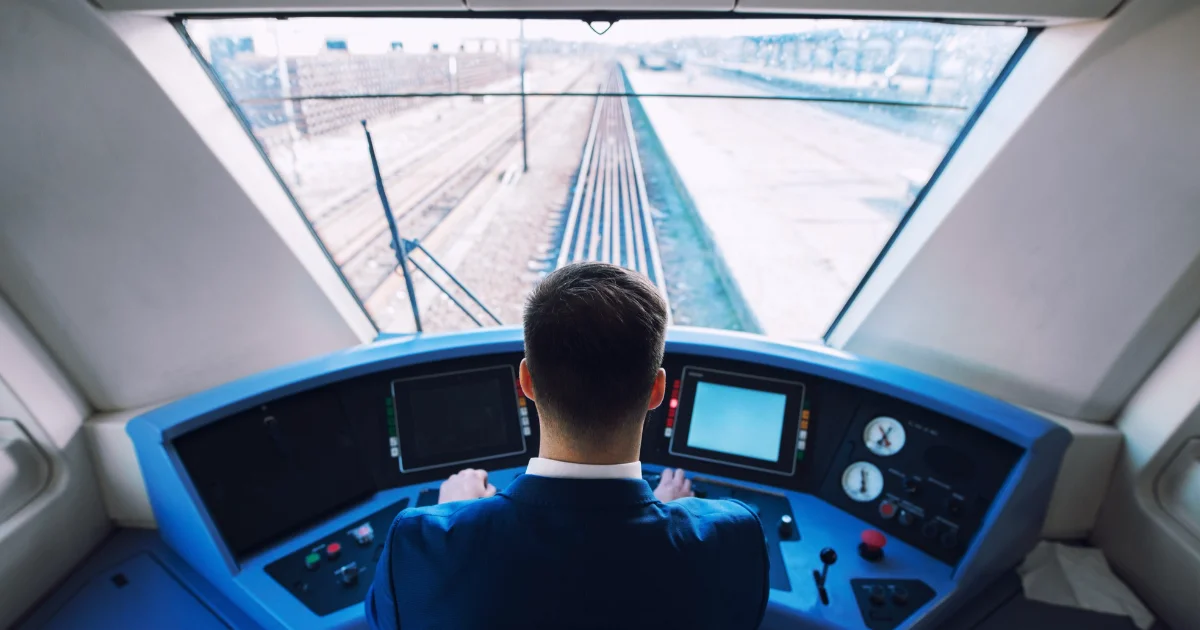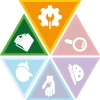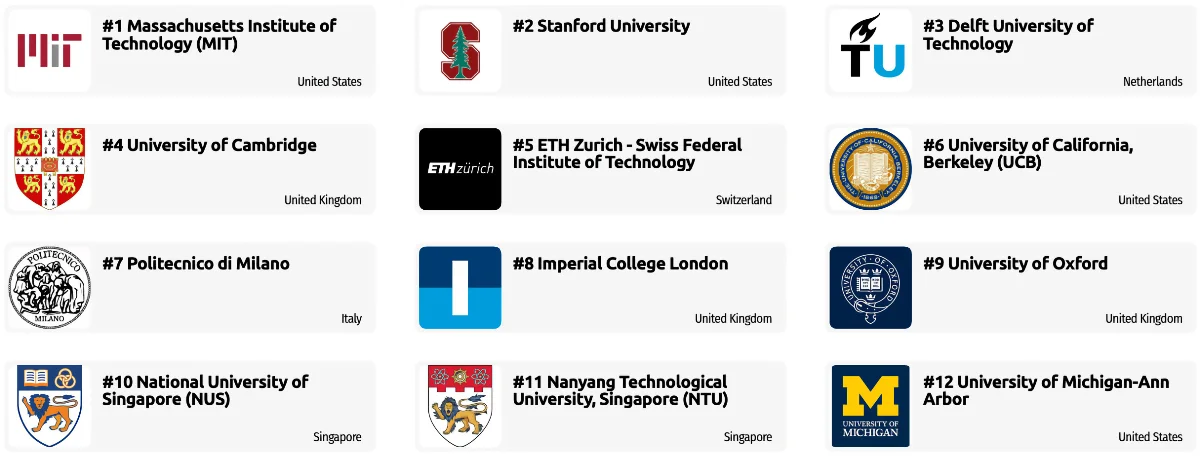Operator
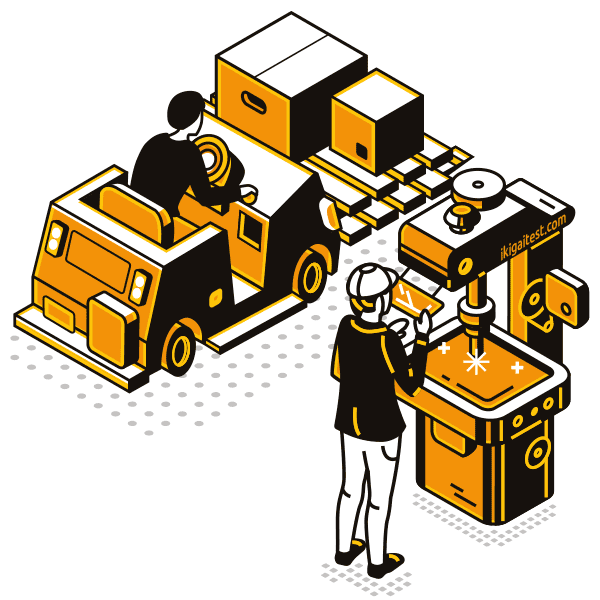
Operators are expected to be good at:
- Using either control mechanisms or direct physical activity to operate manufacturing systems.
- Working with hand operated industrial machines and power tools.
- Adjusting knobs, levers, and physical or touch sensitive buttons in industrial devices.
- Running, maneuvering, navigating, or driving vehicles or mechanized equipment, such as forklifts, passenger vehicles, aircraft, or watercraft.
Supervisor
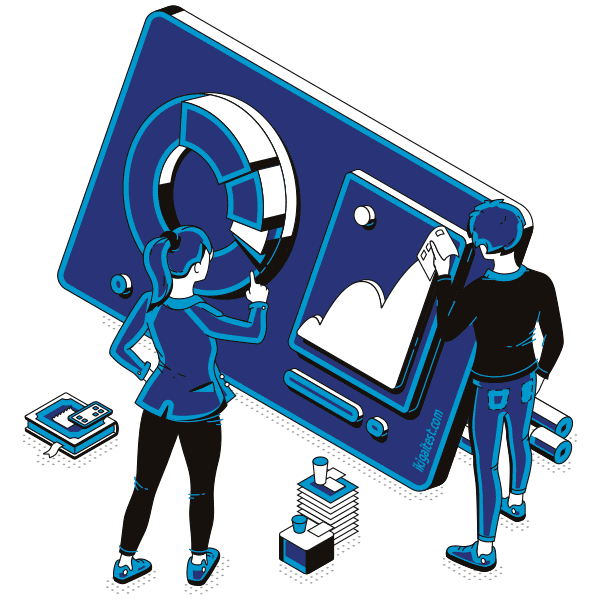
Any supervisor should excel at:
- Monitoring and reviewing information from materials, events, or the environment.
- Detecting or assessing problems whether real or potential.
- Monitoring and controlling resources and overseeing the spending of money.
Other work activities related to Locomotive engineers
- Monitoring gauges or meters for measuring speed, amperage, battery charges, or air pressure in brakelines or in main reservoirs.
- Observing tracks for detecting obstructions.
- Interpreting the trains’ orders, signals, or railroad rules and regulations that govern the operation of locomotives.
- Receiving starting signals from conductors and using controls such as throttles or air brakes for driving electric, diesel electric, steam, or gas turbine electric locomotives.
- Conferring with conductors or traffic controlling center personnel via radiophones for issuing or receiving information concerning stops, delays, or oncoming trains.
- Operating locomotives for transporting freight or passengers between stations or to assembling or disassembling trains within rail yards.
- Responding to emergency conditions or breakdowns, following applicable safety procedures and rules.
- Calling out the trains’ signals to assistants for verifying meanings.
- Inspecting locomotives, verifying adequate fuels, sands, water, or other supplies before running or checking for mechanical problems.

